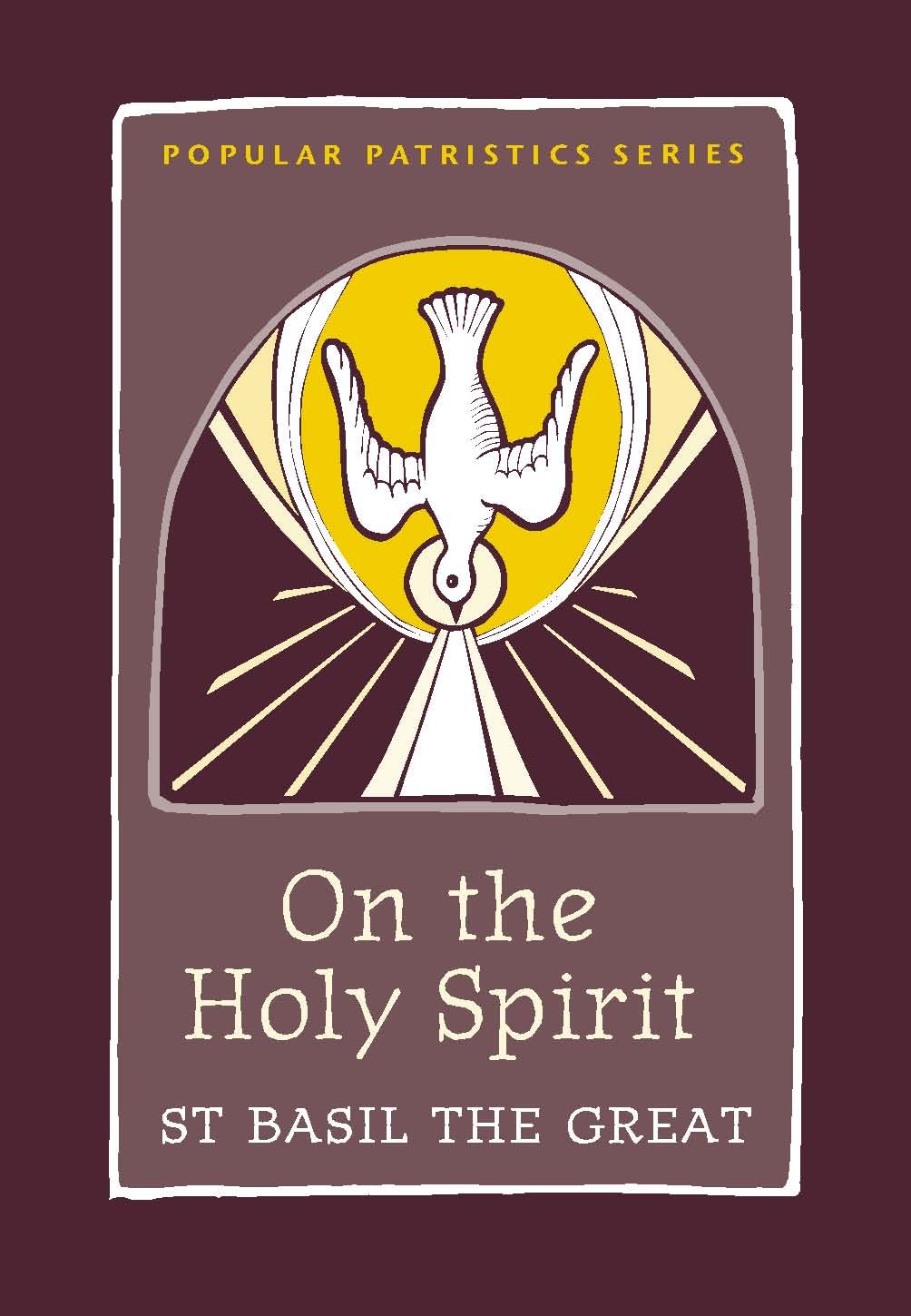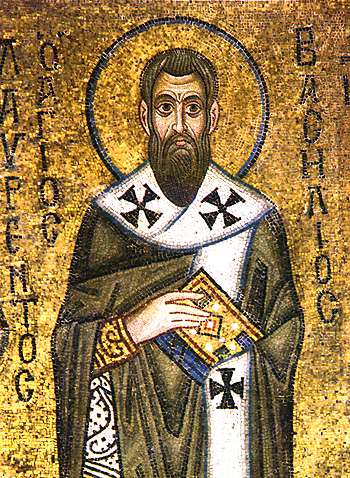Basil the Great: On the Holy Spirit
 Basil the Great, trans. Stephen Hildebrand, On the Holy Spirit, Popular Patristics (Yonkers, NY: St. Vladimir’s Seminary Press, 2011).
Basil the Great, trans. Stephen Hildebrand, On the Holy Spirit, Popular Patristics (Yonkers, NY: St. Vladimir’s Seminary Press, 2011).
In the fourth century after Christ, with the full deity of the Third Person of the Trinity at stake, St. Basil the Great comes firmly establishing a scriptural basis for the divinity of the Holy Spirit. This book review analyzes the theological underpinnings of St. Basil’s treatise On the Holy Spirit. In an age when Arian theology holds official sway over the people, St. Basil contends for the faith utilizing Holy Scripture and tradition as his guide. On the Holy Spirit was his magnum opus on the Spirit’s position in the Godhead of the Trinity. In this exposition, he set the theological foundation for the future of orthodox trinitarian theologia.

Basil of Caesarea was born in either 329 or 330 and died on either January 1 or 2, 379. Now known as one of the Cappadocian Fathers, he opposed heresies such as Arianism that threatened the survival of early Christian orthodoxy. Image: Icon of St. Basil the Great from the St. Sophia Cathedral of Kiev, via Wikimedia Commons.
St. Basil began his treatise addressing the accusation the Arians brought against him. He wrestled with the “hair-splitting”[1] that the Arians created as they speciously differentiated between the Father, Son, and the Holy Spirit. Heretic Aëtius stated that “‘through whom’ is different than ‘from whom’; therefore, the Son is different from the Father.”[2] He asserted that St. Basil’s doxology “glory be to the Father, with the Son, together with the Holy Spirit” was unscriptural. However, St. Basil attributed such meticulous manipulation of prepositions by his opponents on their reliance of pagan philosophy. In the end, he accused his adversaries of striving to subordinate the Holy Spirit through their pagan distinctions.
St. Basil believed that the Scriptures affirmed both “through him’ and “from him.” He quoted the apostle Paul’s doxology in Romans 11:36 (NRSV) “for from him and through him and to him are all things. To him be the glory forever. Amen.” Holy Scripture did not follow the pattern proposed by the Arians. Therefore, their exploitation of pagan fetishes became the epistemological springboard for St. Basil to commence his treatise on the divinity of the Holy Spirit.
The initial debate with St. Basil centered over his doxology. Specifically, the axis of the deliberation focused on the Holy Spirit. For St. Basil, the Holy Spirit was divine. Quoting Scriptures from Wisdom 1:7; Psalm 138:7 and Haggai 2:4-5, he asked several piercing questions about the divinity of the Holy Spirit.
What sort of nature should he be thought to have, who exists everywhere and co-exists with God? … Should we not exalt him who is divine in nature, unbounded in greatness, powerful in his energies, and good in his deeds? Should we not glorify him?[3]
The fundamental core of his questions affirmed that he unconditionally embraced the divine nature of the Holy Spirit. The Spirit lacks nothing less of God and his attributes were not characteristics of a created being.
Category: In Depth, Summer 2016


